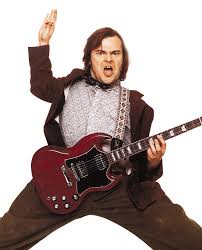-
Data Shows That Your Sales Team is No Different Than Your Lawn
- November 20, 2020
- Posted by: Dave Kurlan
- Category: Understanding the Sales Force

But why do sales teams continue to fail, year after year, regardless of industry, and in every economy? Why don’t the numbers improve? Why don’t more salespeople jump from C’s to B’s? From B’s to A’s? From D’s to C’s? The answers – and there are plenty – are evasive. But let’s try!
-
The Biggest Secret of Sales Rockstars
- October 20, 2014
- Posted by: Dave Kurlan
- Category: Understanding the Sales Force

In the old days, after speaking at a conference, I would frequently be told that I was the top-rated speaker at the event. More recently, people have told me that I “Rocked!” One time, as I was being introduced, an audience member came up to me and said, “Don’t Suck!” We can’t always be rock stars…
-
Why Do So Many Salespeople Fail to Make Quota?
- April 26, 2012
- Posted by: Dave Kurlan
- Category: Understanding the Sales Force
The statistics are staggering. In some sectors, fewer than 25% of all salespeople will make quota. Even best-in-class companies are lucky when fewer than 80% of their salespeople make quota. Are you OK with it when your own salespeople fail to make quota? There are a number of possible reasons for this widespread mediocrity and failure and, depending on the company, some or all of them may apply.

